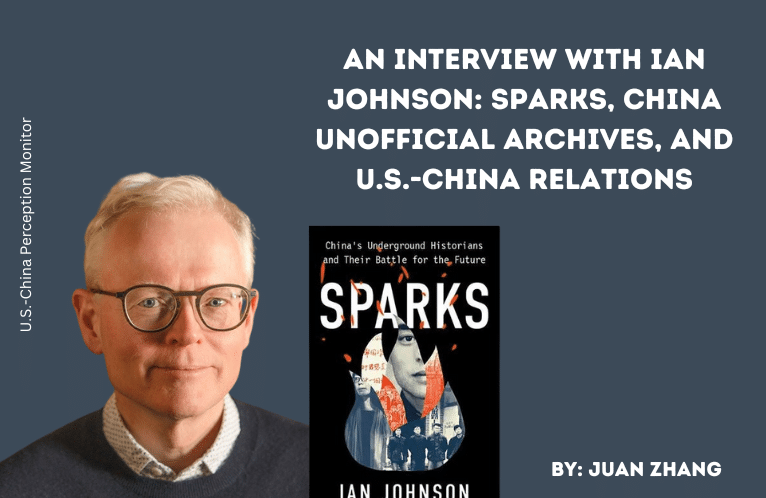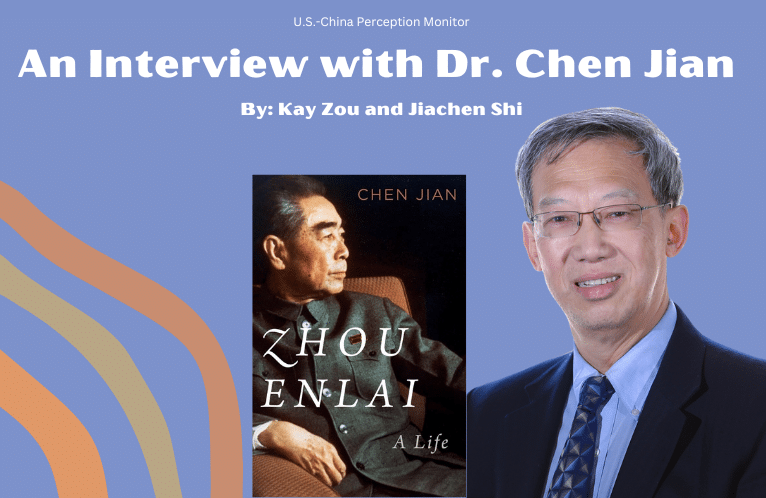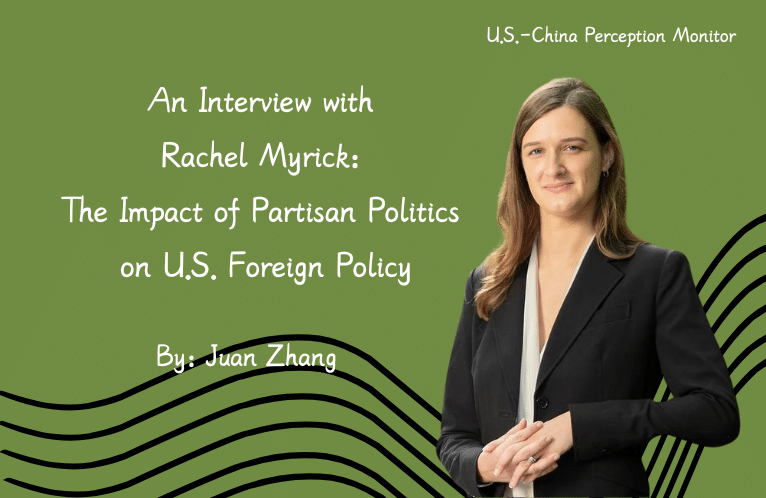Significance and Challenges: China-U.S. Cooperation on the Fentanyl Issue
It’s Not Easy Being Green: US-China Divergence on Climate Change?
Enveloped in smog and following Premier Li Keqiang’s promise to “make our [China’s] skies blue again”, the city of Beijing shut down its last coal-fired power plant, making it the first city in China to be run entirely on cleaner energy sources. Less than two weeks later, President Donald Trump signed an executive order to review or repeal a raft of Obama-era environmental policies, stating that it is about “bringing back our [American] jobs, bringing back our dreams, and making America wealthy again.” In the past, consensus on addressing climate change and other environmental issues were a high-point in Sino-US relations, yet this consensus looks likely to fall apart under the new administration.
Cooperation between the two largest emitters of greenhouse gases has been one of the stronger and more harmonious aspects of the US-China relationship, and has served as a strong example to the rest of the world to seriously act on climate change. In November 2014, China and the US jointly announced, amongst other things, their goals on diminishing their greenhouse gas emissions, and announced their determination to establish a meaningful agreement at the 2015 United Nations Climate Conference in Paris. Both leaders reiterated their commitments a year later in a joint statement during Xi Jinping visit to the US capital. At the 2016 US-China Strategic & Economic Dialogue, over a third of the strategic outcomes addressed prior accomplishments, initiatives launched, or planned future cooperation on the environment, energy policy, and climate change. Later, in Hangzhou, China for the 2016 G20 summit, the US and China both announced they would be ratifying the 2015 Paris climate change agreement. Collectively representing 38% of global emissions, their ratification represented a significant step towards implementation of the agreement, which required 55 countries constituting 55% of global emissions to ratify it before it came into force. This convergence of US and Chinese positions and subsequent cooperation has been attributed as a key driver spurring global efforts to address climate change. However, the difference in import of the recent Chinese and US announcements suggests that they may now diverge.

On March 18, Beijing shut down its final coal-fired power plant, turning to cleaner energy sources like natural gas for power. This move comes on the heels of a report submitted by Chinese Premier Li Keqiang at the recent government legislative sessions held in Beijing, in which he announced that an additional 50 gigawatts of coal-fired power capacity, on top of the 120 gigawatts from 2016, would be closed down, halted, or postponed in 2017. This report marked the first time a clear figure on the degree to which coal power capacity would be reduced was included, and can be seen as the government’s attempt to address the coal power sectors burgeoning overcapacity problem, not to mention the more immediate and noticeable problem of the pollution choking China’s cities during the winter months. Moreover, it complements China’s already world-leading investments in cleaner and renewable energies as it attempts to reconfigure its economy to clean energy production and achieve its social and environmental goals.
The contrast with the US announcement is striking. The Presidential Executive Order on Promoting Energy Independence and Economic Growth signed by President Trump directs, amongst other things, for the US Environmental Protection Agency to re-evaluate former US President Barack Obama’s Clean Power Plan, which would have effectively prevented new coal-fired power plants from being built and significantly helped the US achieve its aforementioned reductions in greenhouse gas emissions. Indeed, the intent of the order was clear at the ceremony, where President Trump spoke at length about how the order would revive jobs in the coal industry, as well as make the US energy independent. During the presidential campaign, Trump promised to cancel the Paris climate agreement, although a senior administration official, in a background briefing to the executive order, stressed that the administration’s position on the agreement was still being discussed.

So what does all this mean for Sino-US cooperation on climate change, and for global action in general? Following the announcement of the executive order, China’s foreign ministry spokesperson Lu Kang assured reporters that China would continue to honour its commitments and obligations to address climate change “no matter how the climate policies of other countries may evolve” – an understandable position given the significant environmental issues facing China presently. However, if this divergence continues and widens it will undoubtedly have a chilling effect of US-China cooperation. In a roundtable article by the Chinese environmental policy website China Dialogue, canvassed experts were clear that the effect would mostly be symbolic, although some of the canvassed experts expressed concern that the US reversal in attitude may dampen global investment and support for renewable technologies, pressure that could be felt in China, too. If the US continues to weaken or abandon its efforts to address climate change, it will cede leadership to China and other countries in driving global climate change efforts, and opens up another rift in the US-China relationship on an issue that requires global and widespread consensus and cooperation.
By JUSTIN ELLIOTT MAR. 31, 2017
Justin Elliott is a Spring 2017 intern in the Carter Center’s China Program.









